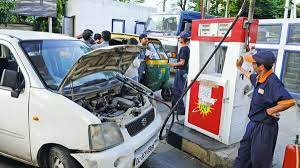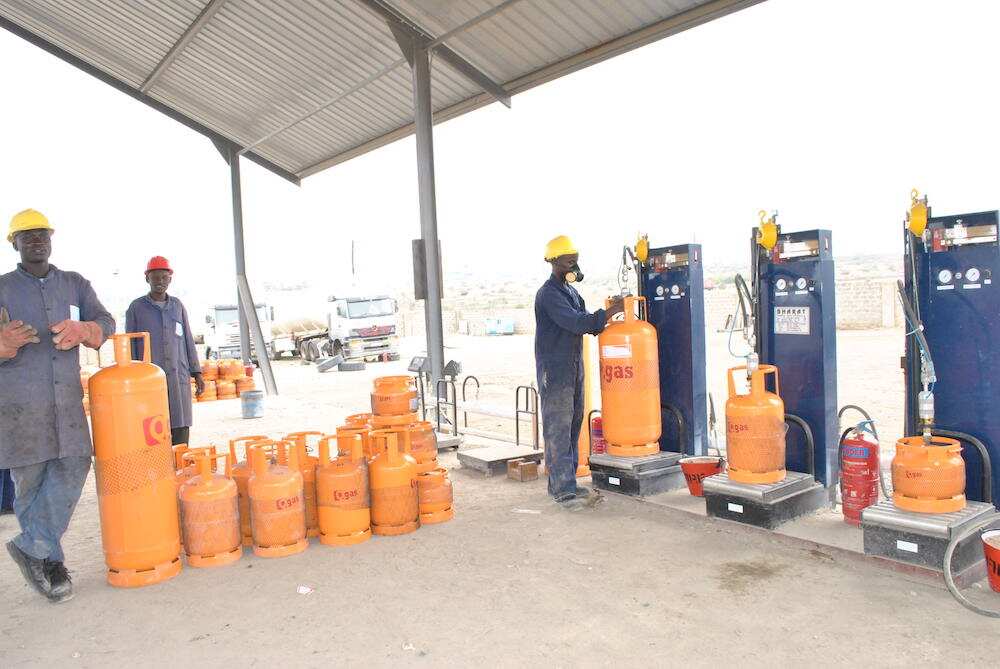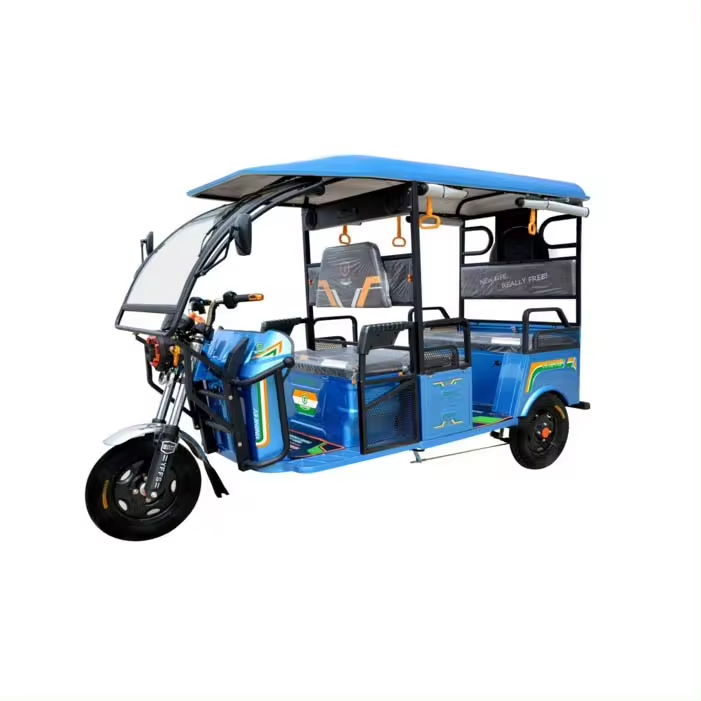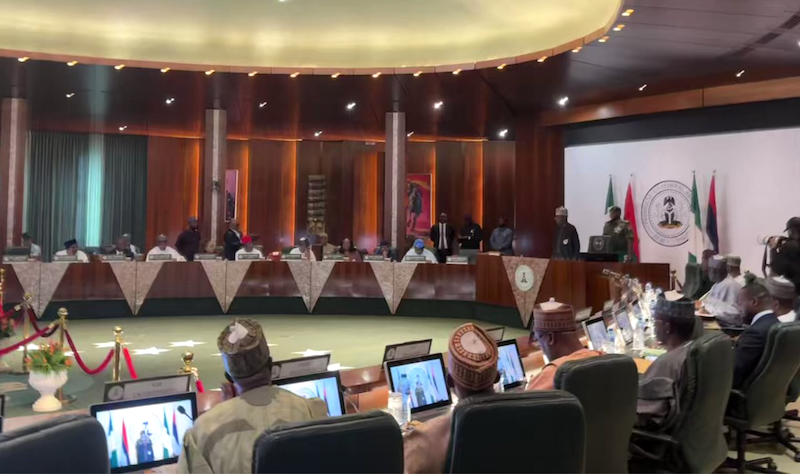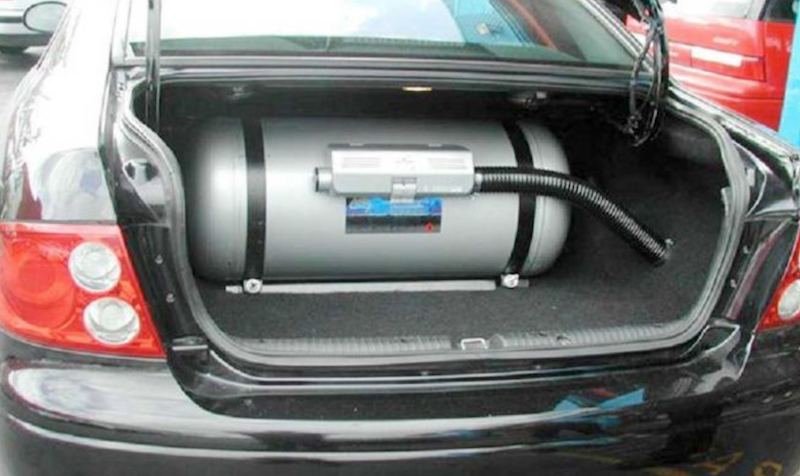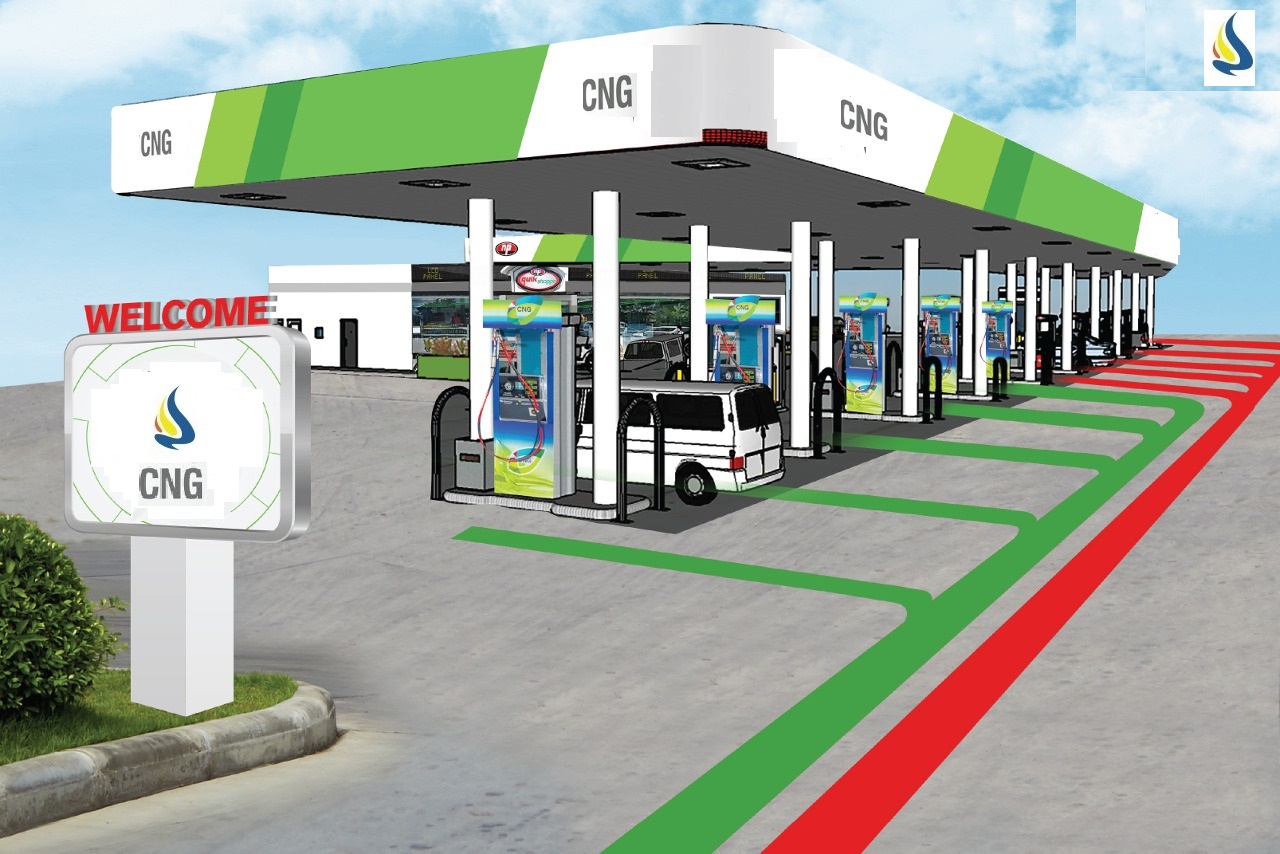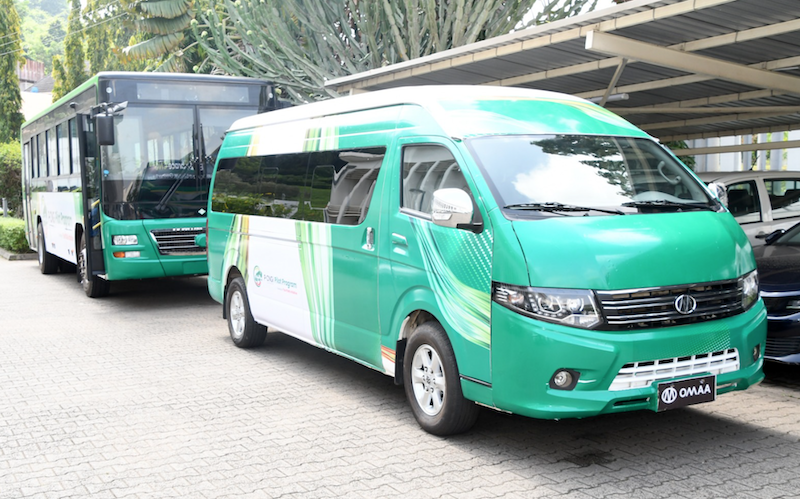The Enugu State Government has begun the process of transitioning from the Premium Motor Spirit (PMS) to the Compressed Natural Gas (CNG) to reduce cost of transportation for commuters.
The Commissioner for Transport, Dr Obi Ozor made the disclosure while briefing journalists on the outcome of the State Executive Council meeting in Enugu on Friday.
According to him, the state Executive Council resolved that it is very important for the state and her citizens to begin the process of transitioning from petrol to CNG.
He explained that the CNG saved about half of the cost of fueling and transportation as well as helping the operators within the transport sector and reduces the cost of transportation.
He disclosed that the government was going to invest more in buying buses and also supporting the private sector to invest in the transport space in the state.
”All these are geared towards bringing safe, affordable and sustainable transportation system in Enugu State.
“With CNG, the state is creating an enabling environment to attract the right investors and has engaged in partnership with Greenville Energy,” he added.
He, however, urged those interested in the conversion of their vehicles from petrol to CNG to come to the ministry of transport to be registered, stressing that they would work with the Federal Ministry of Transport to get the CNG kits.
The government also approved transitional Energy process from Premium Motor Spirit (PMS) to Compressed Natural Gas(CNG) for transport in the state.
Also speaking, Prof. Chidiebere Onyia, Secretary to the State Government, announced that the state government has created a new Ministry of Energy and Mineral Resources to regulate investment in the sector.
Onyia said Gov. Peter Mbah had earlier signed the Enugu State Electricity Law and that the law required an independent regulator to be set up.
This, he said, needed a supervisory ministry that would handle all engagements in the energy space and in the mineral resource, considering the level of mineral resources availability in Enugu State.
He said, ”Government has decided at the Exco meeting today to create Energy and Mineral Resources ministry whose mandate includes the oversight of most of our investment opportunities within the solid mineral space.
“This will also help to catalyze investments in the renewable energy space and in our coal to power space.
“Exco resolved that this new ministry will take effect immediately and we will start the process of setting up the office,” Onyia said.
He added that budgetary allocation had been set up when the regulator was set up, saying they were doing structural things for now.
“The appointments will now be the next step of what His Excellency will direct. For now, we are trying to make sure that we create the opportunities by creating offices, right people and the needed workforce.
“Because this is a highly technical ministry, we are going to make sure all these things are in place while the Honorable Commissioner for Transport will superintend over it.
On the difference between the ministry of Energy, Mining and Environment, he said they were different and play different roles.
“One plays a role that complements the other one. So, with the ministry of Energy, we are looking across the board different sources of energy to energy, power, gas to power and coal to power. All these things have environmental component,” Onyia said.
He added that the action of government was tailored towards reducing carbon footprint, stressing that the two ministries would complement each each other rather than duplicating roles.

